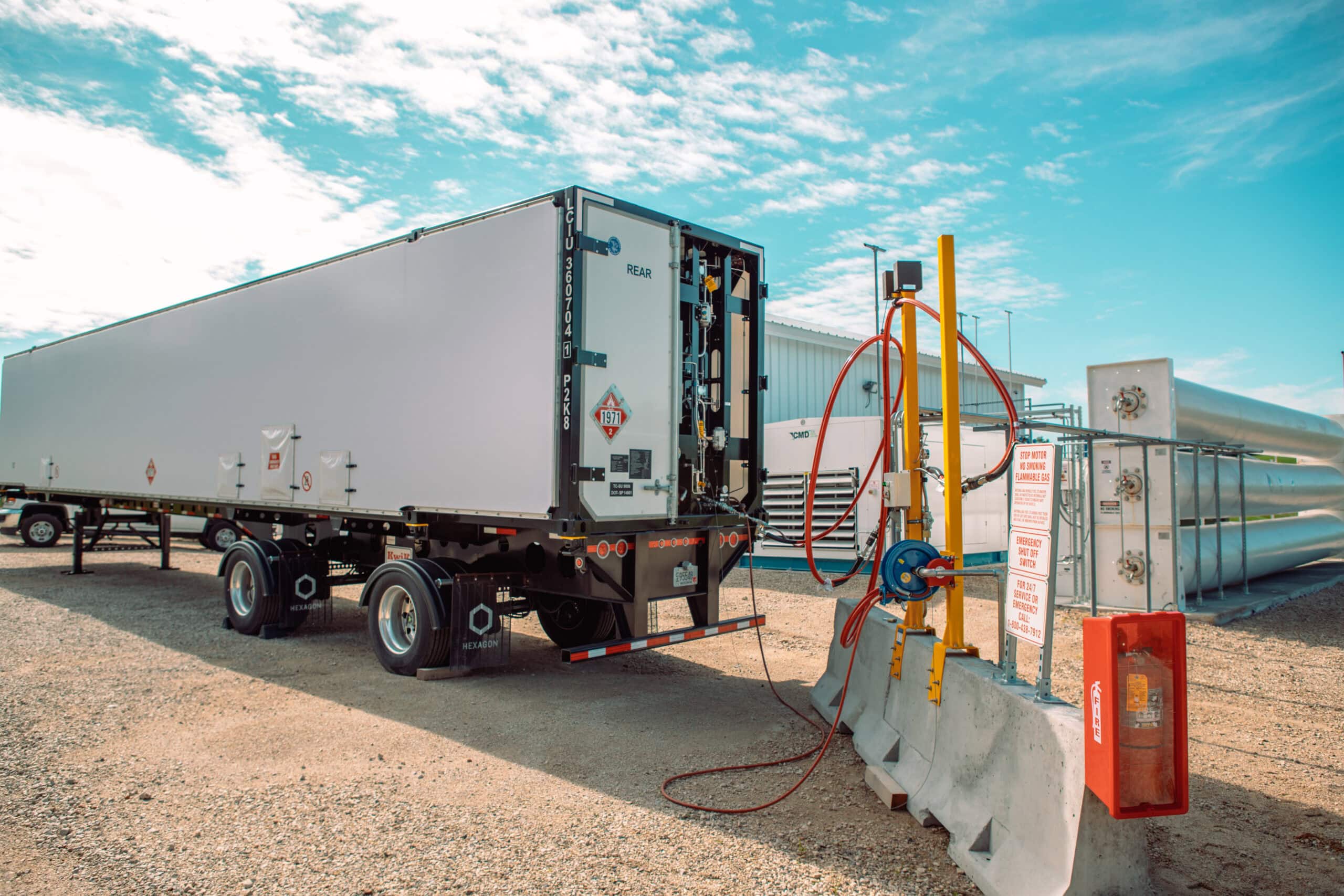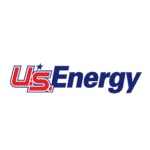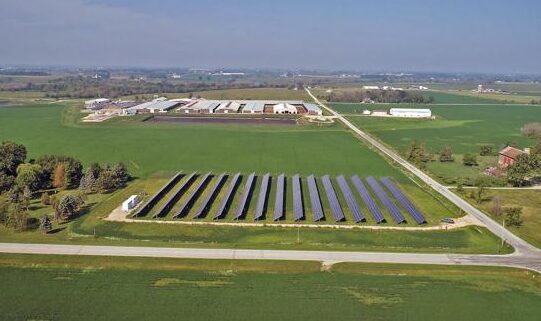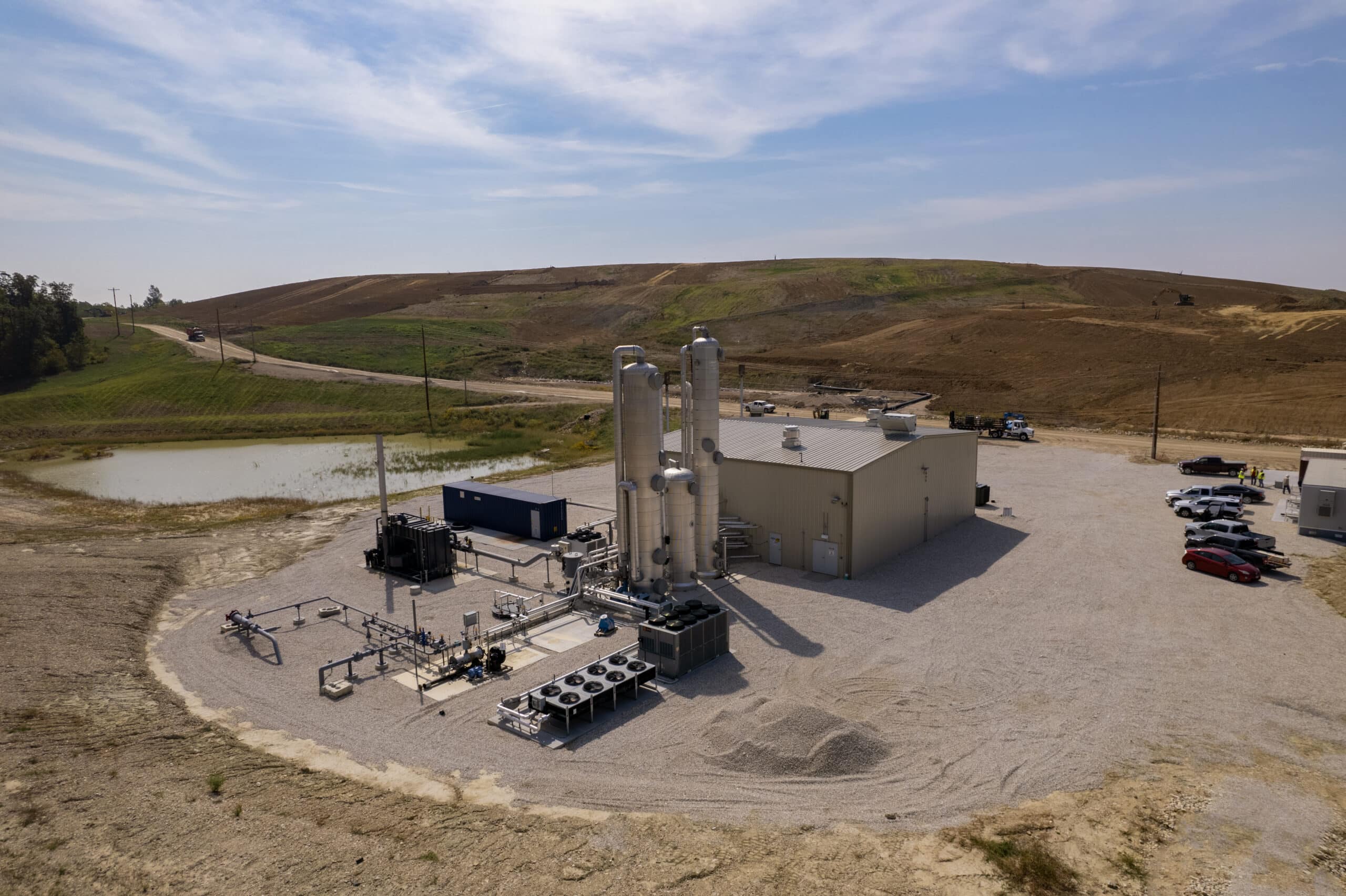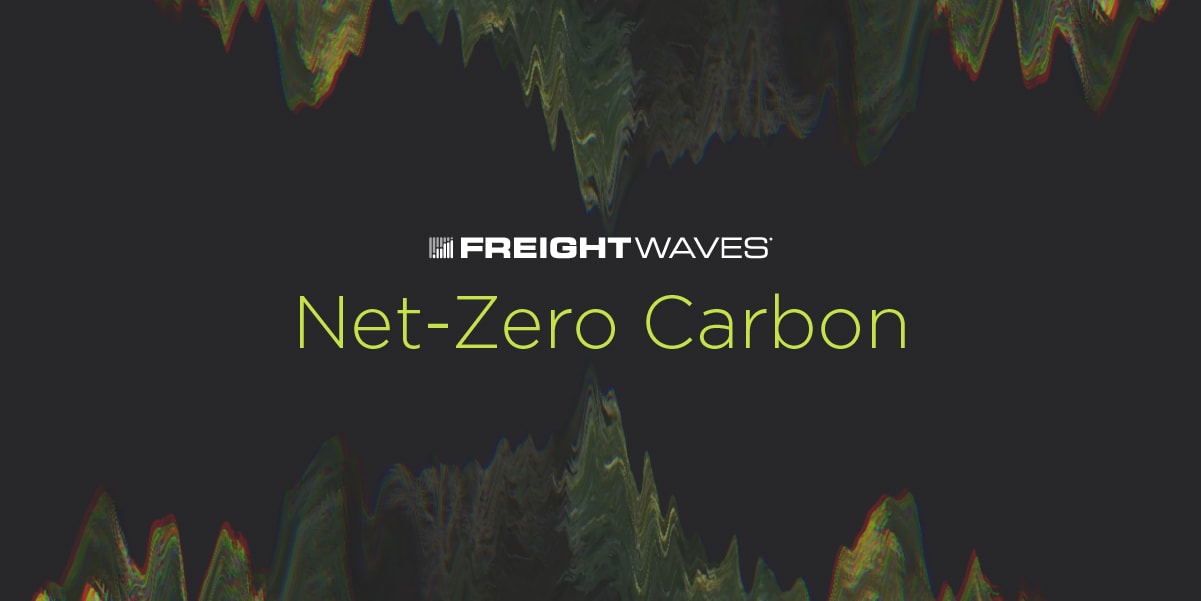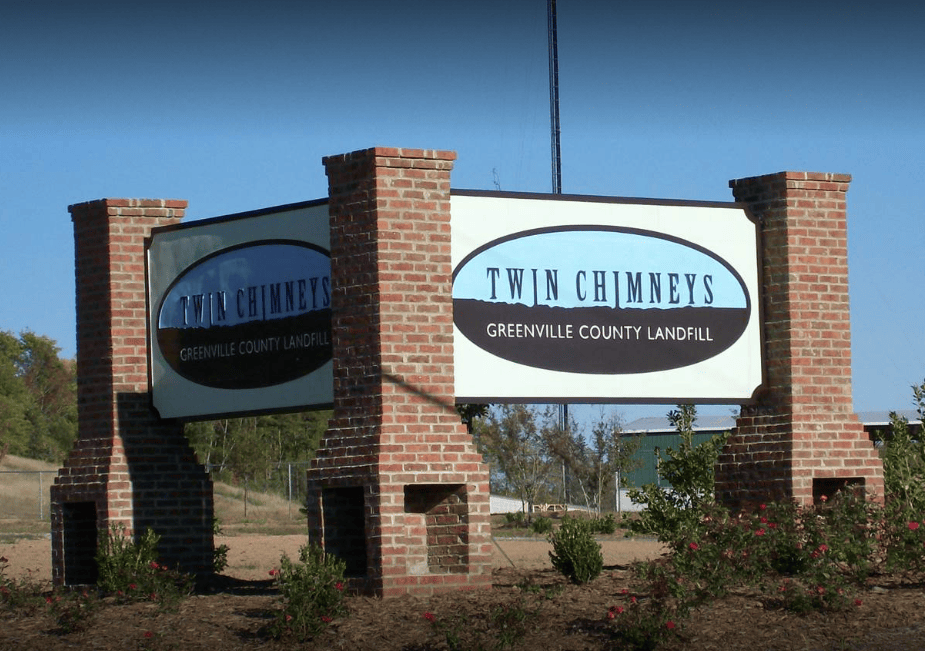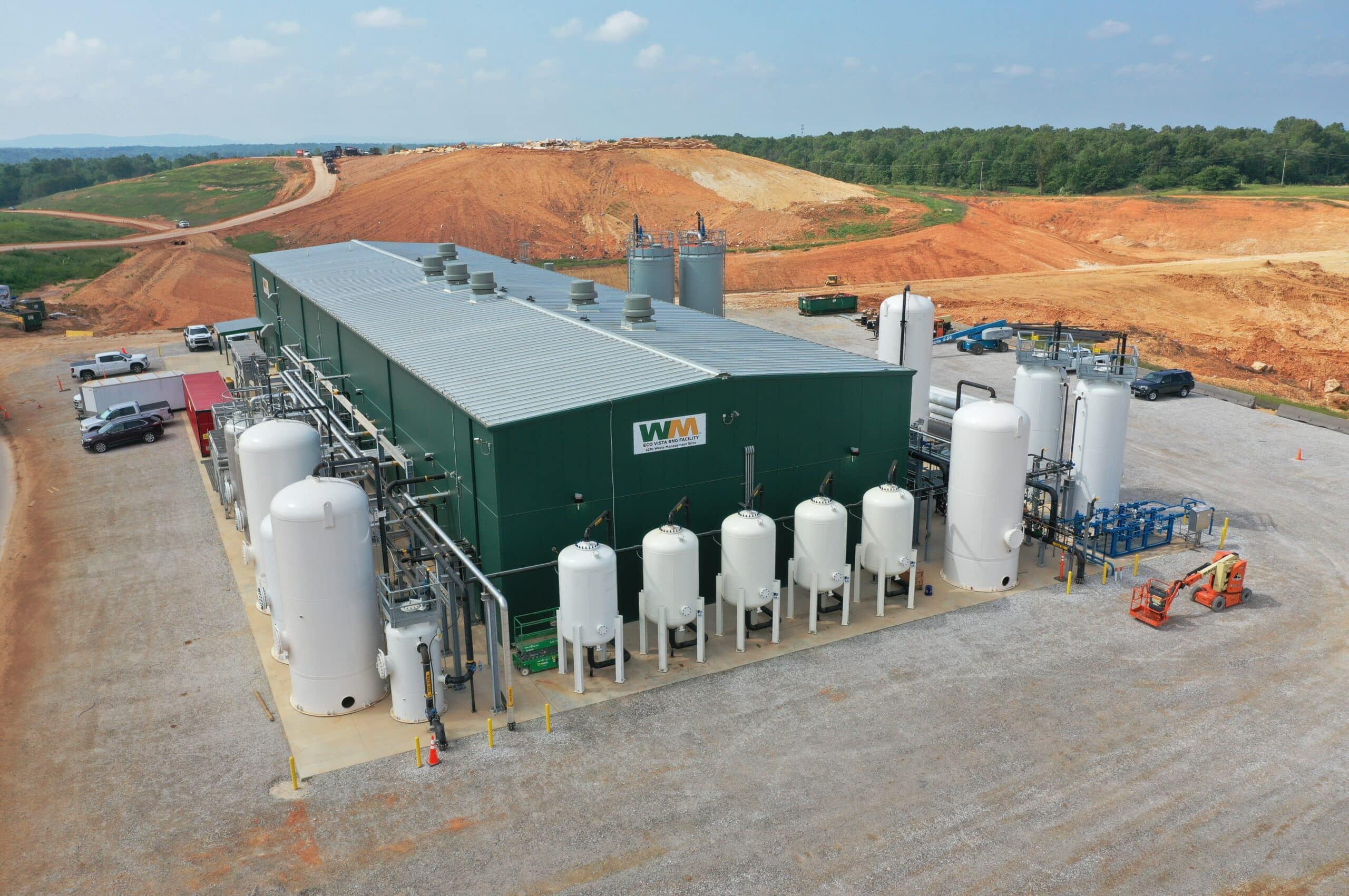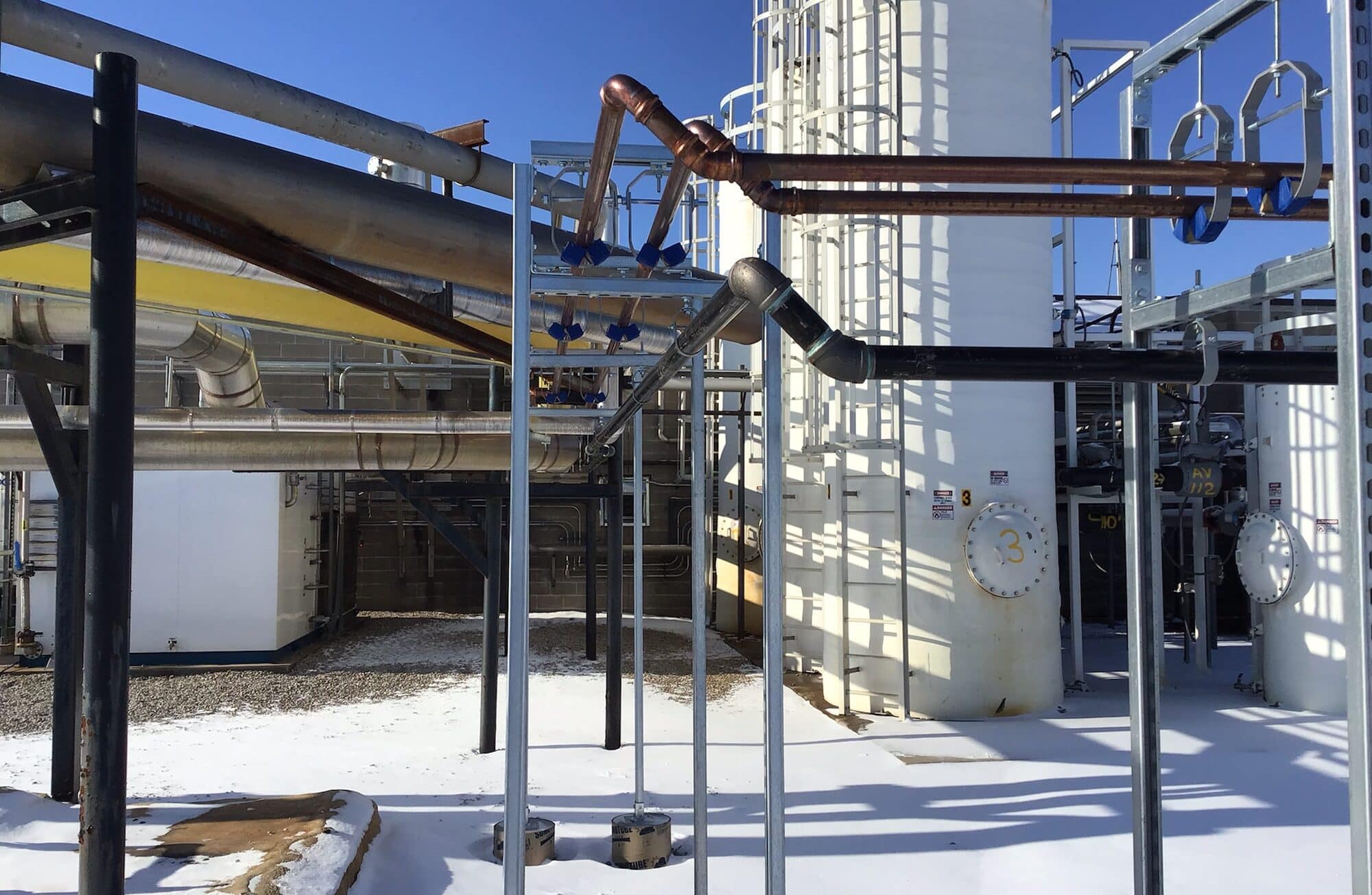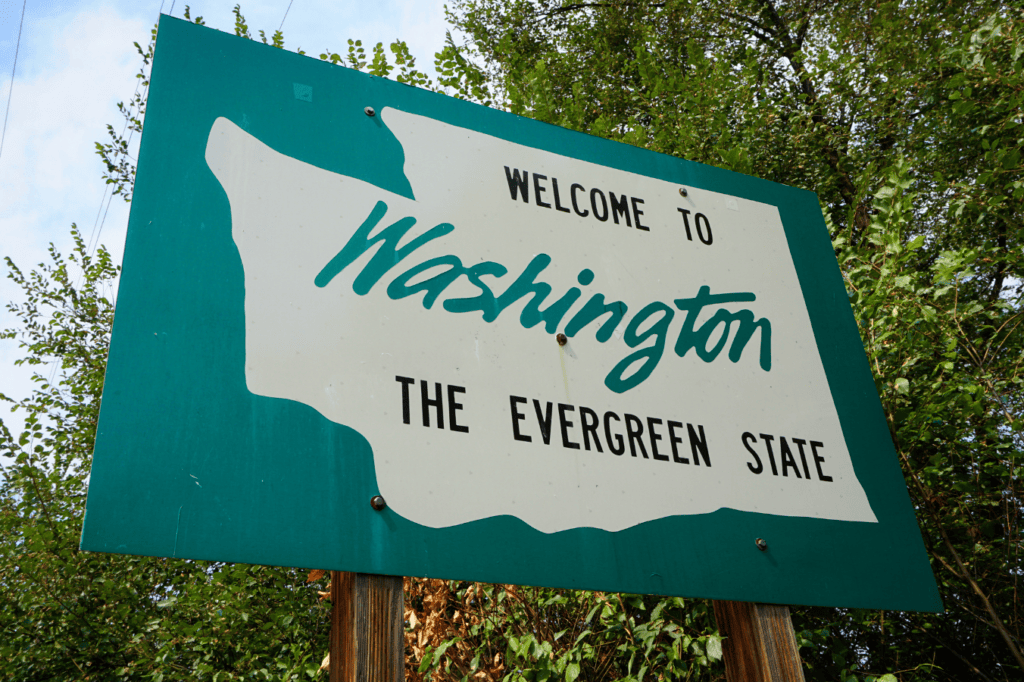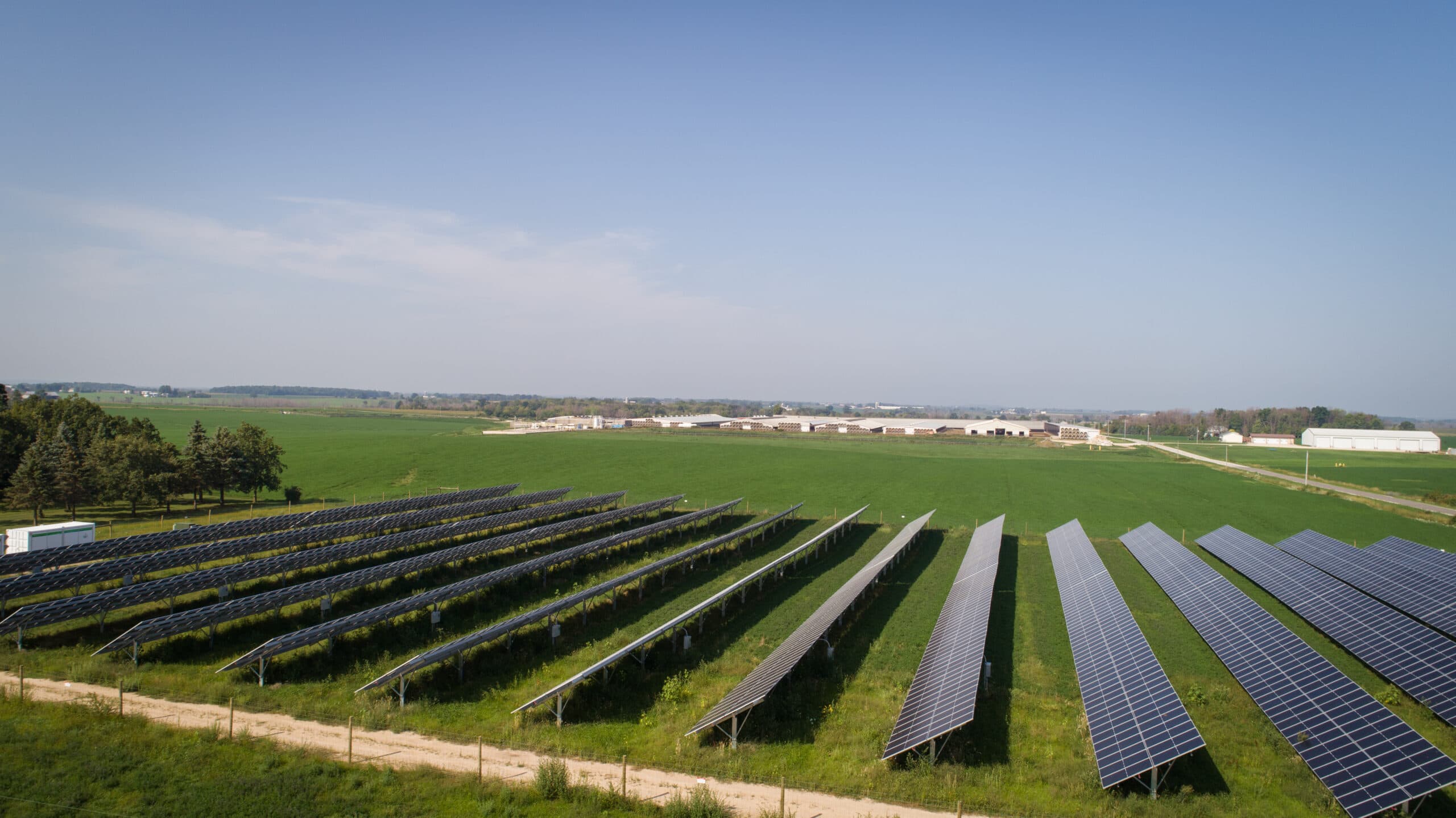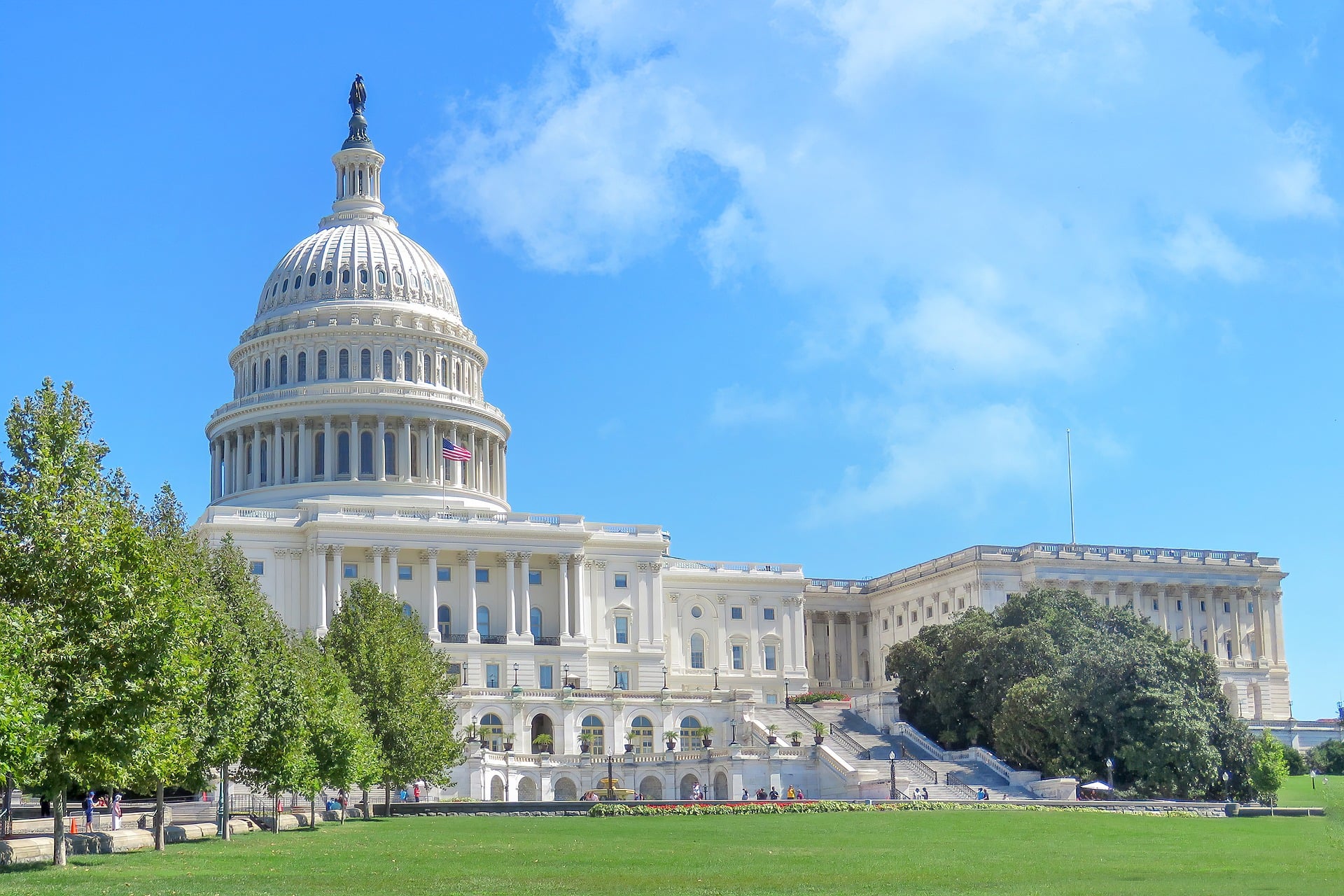Education Center / Four Considerations for Taking RNG Compliance In-House
Blog
Category: Environmental Credits, Low Carbon Fuel Programs, Renewable Natural Gas
Four Considerations for Taking RNG Compliance In-House
Whether you’re a renewable natural gas (RNG) producer or dispenser, you’ll eventually have to answer the same question: how do you plan to handle gas compliance? Compliance is the backbone of the RNG industry, and it’s not just about checking boxes. The stakes are high, and mistakes can be costly, both in time and money. If you’re wondering whether to tackle RNG compliance in-house or partner with an organization, here are four questions you should consider first.
1. Do You Have the Resources to Hire a Dedicated Team?
Unlike some roles, with RNG compliance, on-the-job training won’t cut it. If you’re looking to bring this in-house, you’ll need to hire a team that already has deep knowledge of reporting standards and regulations. As far as team size is concerned, it will depend on factors such as:
- If you’re the biogas and RNG producer or the registering dispenser
- How many projects you have
- What state(s) is the RNG going to be supplied into
- How you’re obtaining and calculating the data
Some companies may believe they can get away with a one-person compliance team, but it’s not recommended. Having one person pull, calculate, and check data; prepare it for reporting; and manage monthly, quarterly, and annual reporting as well as verification can lead to something being overlooked. It’s best to create a system of checks and balances, where issues can be caught before there are reporting errors and remedial action is needed. While compliance requirements vary slightly for RNG producers and dispensers, neither party has a short list of tasks. They’re responsible for items such as:
- Registering with the Environmental Protection Agency (EPA) and meeting all reporting requirements (*Biogas Producers, RNG Producers, RIN Owners and Separators)
- Completing up-front engineering review requirements and regulations (*Producers only)
- Hiring an independent third-party to complete an engineering review (*Producers only)
- Outlining protocols for how tokens and RINs will be calculated and generated (*Producers only)
- Choosing and hiring an EPA approved Quality Assurance Plan (QAP) provider to verify RINs under the RFS Program, if QRINs are desired
- Completing QAPs on an ongoing quarterly basis (*Producers only)
- Being familiar with each state’s (or region’s) reporting requirements, and the platform that they’re participating in
- Ensuring you’re set up with an account in each reporting platform needed
- Uploading and submitting all required documents and data (monthly, quarterly, and annually) in the various reporting programs
- Transferring credits between counterparties, which is required in the below scenarios (dependent on structure of the entity)
- Biogas Producer transferring tokens to an RNG Producer (if the Biogas Producer is a different registered entity than the RNG Producer)
- RNG Producer transferring RINs to RIN Owners or to RIN Separators (if the RNG Producer is not also the RIN Owner and/or registered as the RIN Separator)
- RIN Owner accepting RINs from an RNG Producer and then transferring RINs to RIN Separators (if the RNG Producer is not also the RIN Owner and/or registered as the RIN Separator)
- RIN Separator accepting RINs and transferring separated RINs back to the RIN Owner (if the RIN Separator is not the owner of the RINs)
If your organization isn’t structured to manage compliance internally, that’s okay. Companies like U.S. Energy® have established in-house compliance teams to provide comprehensive support. Not only can they manage all program requirements and relationships with third parties, but they can also synthesize information to keep you up to date. Additionally, some compliance organizations, like U.S. Energy, are also renewable natural gas producers and/or offtakers, meaning they’re familiar with program intricacies and can help with more than just gas compliance.
2. How Many RNG Compliance Programs Will You Be Participating In?
Renewable natural gas can generate credits from various state, federal, and international programs when connected with an end user. The state and federal programs include:
- The Federal Renewable Fuel Standard Program (RFS)
- California’s Low Carbon Fuel Standard (LCFS)
- Oregon’s Clean Fuels Program (CFP)
- Washington’s Clean Fuel Standard (CFS)
- The Midwest Renewable Energy Tracking System (M-RETS) (When used only, and not in partnership with the OR and WA programs: this is a voluntary market program)
Whether gas is placed in the transportation market as fuel or in the voluntary market as a renewable thermal energy source, each program and use case comes with its own set of requirements and reporting cycles. While base regulations usually do not change significantly from year to year, there are ongoing updates to reporting spreadsheets, annual Renewable Volume Obligations (RVO), project modifications that require careful monitoring and engineering review addendums, as well as various other required updates (specific to each reporting agency).
If you’re participating in multiple programs, your team will need to grow, becoming more specialized (and detail-oriented). By working with a third-party, you can take this burden off your plate. At the end of each year, the EPA and individual state programs complete comprehensive audits or verifications on each project operating within that program. This is where any errors in reporting (for state, federal, and international programs) can cost you—significantly.
It can lead to RINs (or other environmental credits) being invalidated. This affects each party in the chain of custody—including financially. Because these audits do not occur until year-end, you likely would not realize information had been mis-reported until well after the time of generation, transaction, or reporting. This allows costs and other consequences to worsen and/or accumulate.
Third parties can help reduce your risk of mis-generation, reporting errors, and non-compliance with each regulated body and its specific requirements. Third parties do this through multi-step data and process reviews, verification processes, and by being knowledgeable in each program’s regulations and requirements.
3. Do You Have Established Industry Relationships?
The RNG industry is built on a series of checks and balances, consisting of ongoing third-party verifications and audits for gas production and dispensing. Having established relationships with multiple third-party verification bodies and QAP providers is essential, as each project requires at least two different consultants. This ensures that projects and gas dispensing comply with all program regulations and requirements. If a project also participates in state programs, it will need additional (and separate) providers to complete further verifications.
If you don’t already have established relationships with multiple parties across the industry, this can be a heavy lift for your team—vetting providers, establishing relationships, and managing multiple vendor relationships. Conversely, when you work with a third-party organization, they will already have a portfolio of highly qualified and recommended parties to streamline your reporting processes. Additionally, they’ll be the central facing counterparty, preventing you from having to manage multiple relationships.
4. Is Bundling Gas Production and Dispensing Important to You?
To generate revenue from renewable natural gas, production must be paired with dispensing—whether in transportation or the voluntary market. In other words, you can produce as much gas as you want, but if there isn’t anyone to use it, that production will not be able to generate any type of credits. This is where RNG producers who are looking to manage compliance in-house need to ask themselves, do they have established relationships with buyers who are seeking gas supply? If not, they will have to allocate significant time and resources toward identifying buyers and transferring credits between counterparties.
This additional work can quickly add up and take away from core business operations. Third-party providers not only manage your project(s) compliance, but some can also connect your gas with end users. This provides peace of mind for organizations that their gas will always be connected to a dispensing outlet.
5. Still Unsure of the Right Approach for Your Organization?
You will want to select a pathway that aligns with your organization’s budget and risk tolerance. RNG compliance is a complex and nuanced sector. If you decide to handle it in-house, ensure your team is structured and sized to ensure success. Alternatively, if you partner with a specialized expert like U.S. Energy, you can streamline the entire process, avoid common pitfalls, unexpected costs, and save yourself the headaches of doing it alone. No matter your pathway, having a solid foundation is key to getting your RNG compliance done right the first time. Reach out to learn how you can bundle RNG project support and compliance services.

